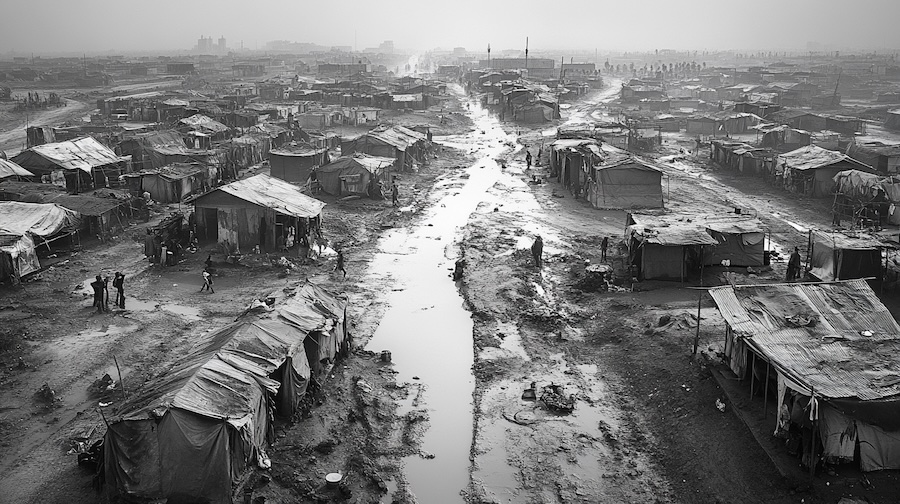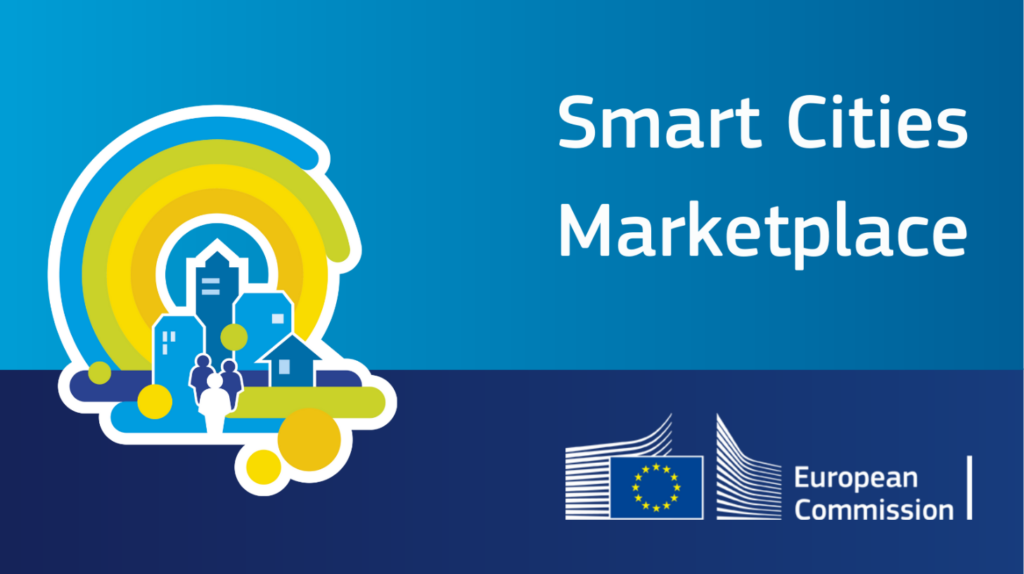The Green Cities consortium developed the a Training Framework under the EU-Funded Project Youth Participation for Developing Sustainable Green Cities (reference number: 2022-1-DE04-KA220-YOU-000085135). L4Y Learning for Youth GmbH is leading the project alongside partners Citizens in Power, Toplum Gönüllüleri Vakfı, Kean, Walktogether, and Kaán Károly Környezetvédelmi Egyesület.
This blog post offers an overview of what the consortium developed to complete the training framework. However, you can read the full report (in English) with a description of the activities that led to the final training framework here.
To keep up to date with the project news, follow our YouTube Channel, as well as the project’s social media pages X and Instagram. Additonally, you can also join our Discord community.
Training Framework: A Five-Step Approach
Development of the Training Framework occurred after five separate activities were implemented, each in their unique way contributing to a common outcome. Here’s a brief overview:
- R1:A1 – Smart City Best Practices Mapping: The first is a list of 24 environmentally friendly schemes drawn from the pages of numerous smart cities, in what amounts to no less than an A-Z on sustainability solutions. For more on this, check out our previous blog post
- R1:A2 – Creatively Assessing Needs: Moreover, through interviewing young people and environmental experts in details we received unique additional insights on the training landscape across countries. A total of 120 young people and 12 experts were interviewed by the consortium.
- R1:A3 – Initial Module Layout: Thus we went on to design a draft curriculum structure from the feedback taken in previous activities.
- R1:A4 – Understand Proto-Personas/Pilots Feedback from Municipalities: The draft curriculum was also fine-tuned following consultations with young people, local government staff and experts.
- R1:A5 – Report 1 – A comprehensive training framework : Further, the draft curriculum underwent additional development after consultation with young adults and municipalities and expert review.
That is why, even when working on this Training Framework have made sure to go through all the details of these advanced approaches for smart city development. We had everything planned from the psychology behind why our target should care to a really solid curriculum. Hence this report not only stands as a testimony of our combined efforts, but also provides some very key insights and takeaways. Consequently, it will help those who use these guidelines to build more sustainable and forward-thinking urban places.
Green Cities Training Framework: Report and Findings
The report contains a detailed overview of the efforts put in building Result 1 – Training Framework. Also, a set of organized and systematically planned list of activities made the project in this phase to produce vivid training curriculum that is not only academic but very relevant for urban realities today.
Additionally, the delivery of these activities has formed a strong basis for developing training curricula designed to transfer key messages and lessons learnt about Smart City 3.0 concepts, sustainability & innovative urban planning. For this reason, and after talking to young people and professionals in urban planning very closely we came up with a training structure that gets at the heart of our project’s objectives so as to ensure top quality which exceeds expectations from its beneficiaries.
The whole process was greatly enhanced by the feedback, insights and recommendations provided to us by experts and stakeholders. As a result, these interactions have underscored several things:
Secondly, there is an urgent need for focused training and awareness initiatives in the field of smart city planning & sustainable urban development.
But all in urban planning and environmentalist professionals encounter difficulties, not least of which is a lack of public education about the concepts inherent to smart cities.
It is also worth mentioning the willingness of different societies to learn about sustainable urban development, and their contribution as partners towards smarter cities. Lastly, the relevant topics need to be integrated into existing training programs in order to grant a more complete insight of smart city development.
Green Cities Training Framework
| Units | Chapters | Duration |
| Unit 1: Introduction to Smart City 3.0 | 1.1. Smart area concepts (general smart city knowledge) – The concept, development and history of smart cities, 1.2. European Union legal environment in brief, SDGs 1.3. Challenges of the urban environment 1.4. Smart city strategic planning and management 1.5. Urban design | 7 hours |
| Unit 2: Thematic Subsystems and Pillars | 2.1. Smart environment 2.2. Smart governance (public services) 2.3. Smart economy 2.4. Smart human resources – Citizen engagement 2.5. Smart transport 2.6. Smart living conditions 2.7. Climate impacts, environmental protection, water management | 10 hours |
| Unit 3: Technology usage as a solution | 3.1. Concepts and tools of digitalisation (general digitalisation knowledge) 3.2. Digital infrastructure, Geoinformatics 3.3. Advanced technologies of smart cities 3.4. Cyber security 3.5. AI as the new key elements in future smart cities | 10 hours |
| Unit 4: Good examples worldwide | 4.1. Good examples outside Europe 4.2. Good examples from Europe 4.3. Good examples in the partner countries 4.4. Case studies | 3 hours |
Conclusion
Overall, the Green Cities Training Framework is proof of our dedication to sustainable urban development. Moreover, it is expected to be a fundamental tool in enabling the recent and up-and-coming successors. With all information essential for realizing as well as structuring smart cities of future. This consortium also believes that this framework will offer great value in the presentation of educational material on smart cities.
Be a part of the Green Cities Project’s online community by joining us on our Discord server.















